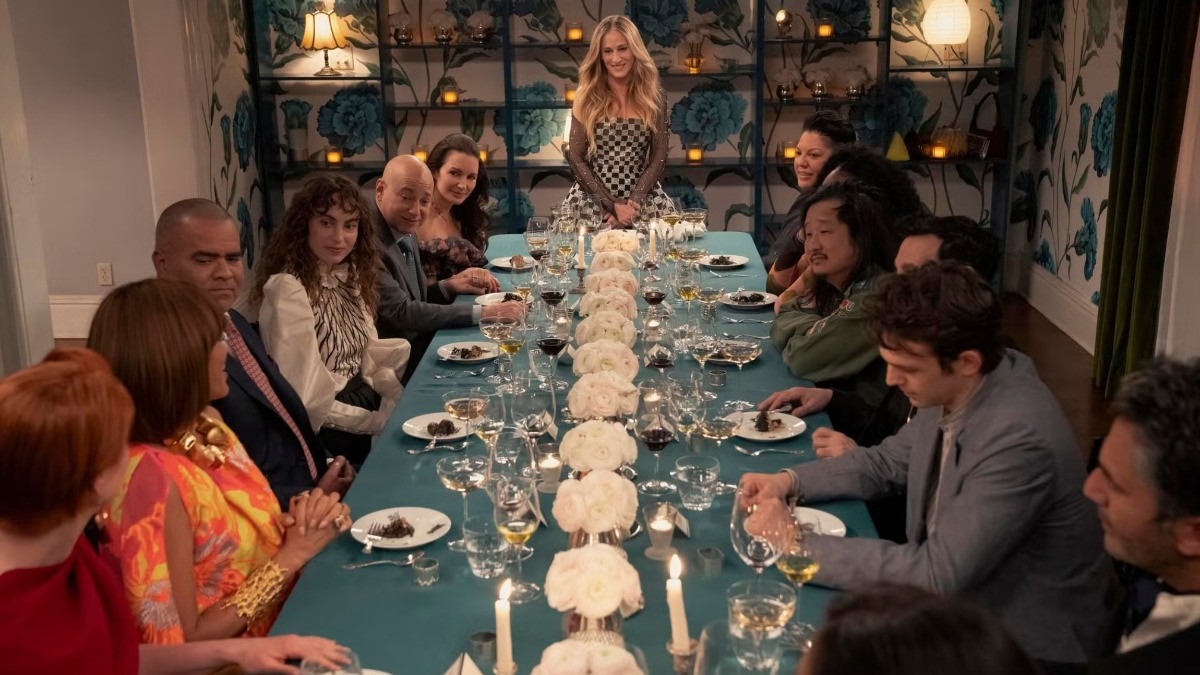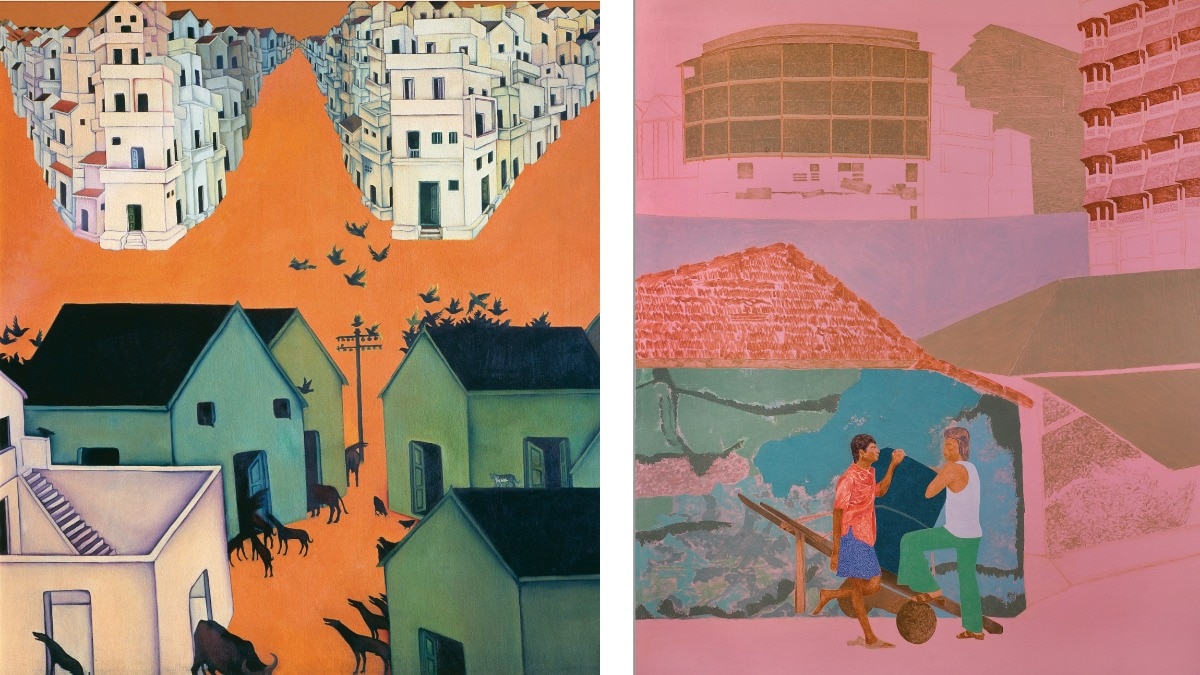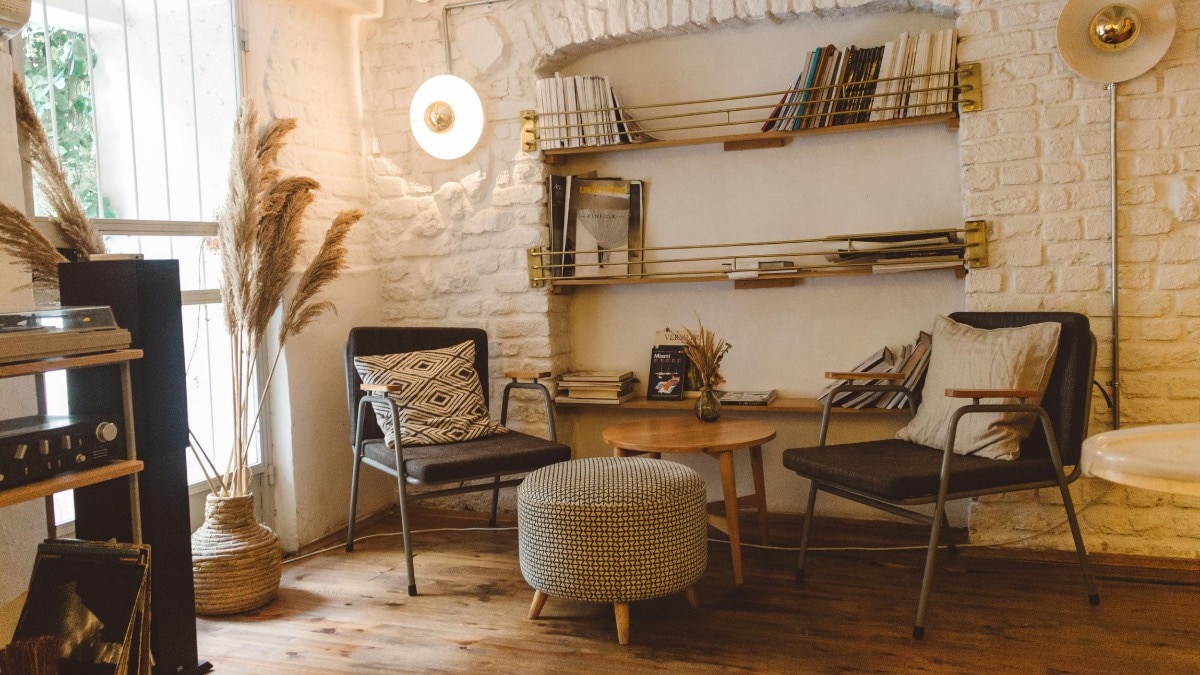
5 global jewellery designers who are channelling the best of India's traditional crafts
From polki and kundan work, to meenakari enamelling, these international brands are marrying culture with innovation.


The mystique of India and its rich tradition of craft has captivated the imagination of global jewellers for millennia. Cartier’s love affair with India dates back to 1911, marking a defining moment in western jewellery lore when Mr Cartier embarked on a journey to India, delving into the nation’s precious gems and jewels. By 1925, the once diamond, pearl, and platinum-centric collections transformed into colourful cabochons and carved gems. Echoes of traditional Mughal treasures reverberated through Cartier’s motifs, encapsulating the fusion of cultures and craftsmanship.
The allure of this country permeates down to a growing cohort of global independent jewellers, drawn to the immersive sensory experience that India has to offer. “I had lots of hazy ideas about India gleaned from Merchant ivory movies and growing up in the V&A pouring over Indian textiles, miniatures, and ivory carved boats,” remembers British jewellery designer Alice Cicolini, who moved to India to work as a curator for the British Council. “My time in India was the portal I walked through in my transformation from curator to designer,” reflects Alice, expressing gratitude for the part India played in her journey.

Another designer who traversed a different path before launching a career in jewellery is Parisian cult designer Marie Lichtenberg. “You might be familiar with the song ‘London Calling,’ but for me, it was ‘India Calling’,” she shares. Marie first ventured into India to explore the possibilities of hand embroidery, crafting blouses, and dresses embellished with exquisite buttons from Gem Palace. “The infinite refinement and audacity of this country, the taste, the omnipresent beauty—it’s a country of insane intensity, with inspiration everywhere. India gave me my chance,” she adds.
For Fleur and Noëlle of Van Gelder, their bond with India transcends generations.“Almost 40 years ago, our mother, Bernadette, founded Van Gelder on a quest to discover, collect and cherish the most extraordinary traditional antique jewellery from India’’. Today, Bernadette Van Gelder is well-known for her heritage collection of Indian collectibles. “What inspires us about India is the intricate tapestry of cultural history woven through every layer of society. It’s the rich symbolism and seamless interchange of visual languages drawn from various religions,” share the Dutch duo, who have now taken over the business from their mother.
The evolution of craft

In the age of slow luxury, there has been a notable rise in appreciation for the handmade. Indian jewellery techniques, in particular, have always been a testament to collaboration and co-creation, with a single piece passing through many hands. International designers are taking these crafts to the world by adapting the techniques in contemporary design silhouettes. Anna Molinari, known for her gem-stopping colourful jewellery, draws upon her Normandy heritage where lace originated. “In traditional French jewellery, we have a technique called ‘Mise à Jour’ that allows light through stones by piercing the metal under the stone setting,” she says. By blending this French jewellery tradition with the long-established Indian technique of jali work, that hand-pierces metal to lighten the weight of jewellery, Anna seamlessly crafts an individualistic design language that is a union of culture, tradition, and innovation.
Mexican designer Sara Beltrán, the visionary force behind DEZSO, innovatively reimagines India’s iconic polki. Fuelled by her love for kundan work, Sara adds her own touch to the age-old tradition by infusing her signature rose gold finish, a departure from the conventional yellow gold typically used in India. But her creative exploration doesn’t end there. Delving deeper into India’s rich artistic heritage, she adds the ancient art of stone carving to her design codes, masterfully creating not only jewellery but carved objects and chandeliers from her atelier in Jaipur.

Alice, hailed as the queen of enamel, emphasises that “to respectfully engage and collaborate with traditional techniques and their masters, one has to respect the line in the hand which the artist already has, and the context in which they work.” Her transformative experience working alongside Kamal Assat in India was crucial in mutually understanding each other’s creative process, and creating works that are different from traditional Indian objects, but are rooted in appreciation of them. Marie, also known for her use of meenakari enamelling in her first works, underscores the labour-intensive nature of the craft, “Some of our pieces require 40 hours of hand enamelling,” she adds. Between her magic mushrooms and extraterrestrial starry skies, enamel remains integral to the brand.
Inspiring a new wave
The profound reverence and transparency that the global designers of today have for the country, has cast India into the limelight of global adoration. As these designers continue to push the limits of traditional Indian crafts, they are inspiring the next generation of young design minds of India to also look beyond conventional boundaries and embrace innovation.

Initiatives like ‘The Artisan Awards’, spearheaded by the Gems and Jewellery Export Promotion Council of India, beckon these budding young talents to experiment and explore the intersections of tradition and ingenuity. In their latest edition, Alice graced India to adjudicate the awards, “I was inspired to see the imaginative works of the young designers of India and also happy to meet a new guard of Indian designers making waves globally like Studio Renn and Moksh,” she shares. With the Indian jewellery market already reigning supreme on the global stage, Alice is intrigued to see how the Indian consumers’ taste converges with the dynamic evolution of the country’s creators.
Also read: Sabyasachi's inaugural high jewellery showcase proves the couturier's eye for detailing










